Hail CS2’s accuracy-hungry mechanics as much as you want, but VALORANT is no less of an aim-and-brain game, either. Every day, countless low-Elo players in the F2P tac shooter question their existence whenever they lose a chunk of RR, get matched with a ‘bad team,’ or bottom frag in a Competitive match. If you’re among those struggling to overcome VALORANT’s Elo hell, I’ve just the advice you need right now.
Before we begin, here’s a basic fact you should remember: As much as practice makes a man perfect, winning is also about keeping a positive, healthy attitude. So spending hours in Aim Lab and the Practice Range isn’t going to help if you aren’t in the right mindset.
Now, let’s get into the tips, shall we?
The only VALORANT tips you need to overcome Elo hell
1) Accuracy is king
Very few VALORANT players understand the need for accuracy over speed. If you are wondering why Aim Labs’ Gridshot or Practice Range’s Hard Bots exercise isn’t helping you, here’s why: those are meant to warm you up—not improve accuracy. Not that speedy aiming isn’t important, but accuracy comes first and is one of the keys to climbing out of Elo hell.
The perfect practice routine to actually improve your aim is to try the Easy and Medium Bots exercise in Practice Range with a Sheriff and a Guardian. Don’t move on to other weapons until you manage to hit all 30 bots perfectly on their heads with a Sheriff and a Guardian. It’s the only routine that I’ve found results with.
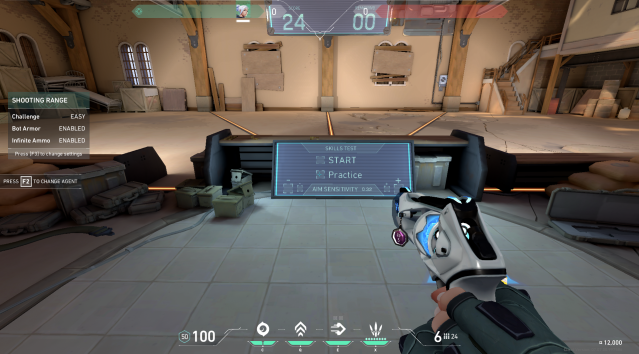
You can also practice strafing while doing these routines, but make sure not to move when you shoot. Go to Settings > Video > Stats and enable the Shooting Error graph. Now, you’d be able to understand whether you are moving while shooting (the blue line) or if it’s just a shooting error.
Running and gunning can be useful in certain cases (like when using a Spectre at close range), but it’s not the best habit to adopt in most scenarios if you’re aiming for accuracy.
It’s also important to understand where your aim is lacking. Make sure to find the perfect sensitivity for your play style. I’ve always found low sensitivity to be the best for accuracy (~200 eDPI), but if you are more of a movement person, you might want to stick to higher flexibility (~350 eDPI).
2) Clear angles with patience
Most low Elo VALORANT players don’t know how to properly clear angles. It’s super important not to hold the “W” key when you peek an angle. You should always clear angles with the A and D keys.
For this, load up Custom matches for every map and practice crosshair placement at common headshot angles. For example, on Ascent B Site, the B Market Door, Spawn entrance, and back of the Shed are a few common angles you should always clear individually. So make sure you clear those angles one by one instead of peeking all of them at once.
The following clip from 100 Thieves’ Peter “Asuna” Mazuryk’s stream can’t make my advice any clearer.
Always prioritize one-vs-one fights over one-vs-x fights. Clearing angles slowly will let you do that, so you can have a fair chance at clutching the round if need be.
3) Learn one agent… of each role
No, you shouldn’t just know one VALORANT agent. So if you are carrying that kind of opinion, shun it now. Low Elo players often like to “keep it simple” by maining one agent and then complain about not having smokes on their team. Well, if you don’t want to lose games, you’ve got to learn not to instalock and how to fill roles.
It gets incredibly difficult (but not impossible) to win games in the absence of a controller or initiator on a team. You can still do without sentinel agents, but you’ve got to watch the flank yourself and take care of post plant.
Now, before you throw angry comments at me, I don’t support filling roles if you don’t know the agent. I wouldn’t want a stupid Omen on my team who doesn’t know when or how to smoke chokepoints.
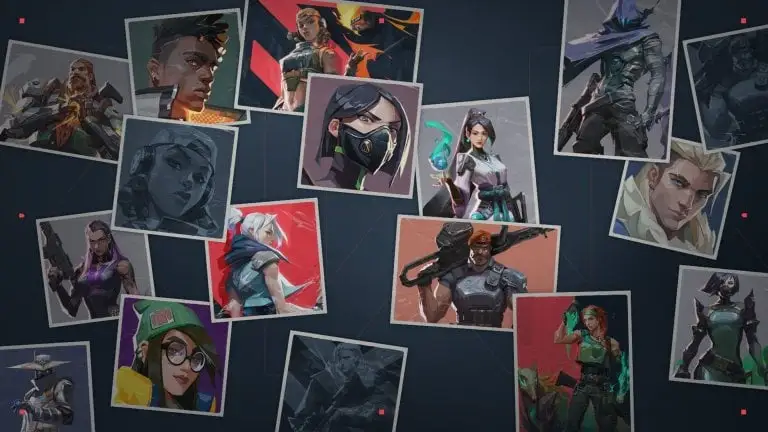
This is why you should main at least one agent from each role and not just one agent out of the 22, so that you can fill for your team and not because you have to, but because you can. Here are a couple of flexible agent collections I recommend learning that are good for almost every map:
- Jett, Skye, Omen, Cypher
- Raze, Breach, Harbor, Sage
Or, just learn how to play without smokes or flashes.
Remember the golden rule: you can’t complain if you instalock.
4) Improve your utility usage and know how to counter
Having impeccable crosshair placement is great, but if you don’t know how to play to your agent’s strengths or make good decisions with abilities, be prepared to spend a long time in VALORANT’s Elo hell.
In lower ranks, aim plays a huge role. You’d see teams win solely based on how good their players are with weapons. But if you want to consistently win games and steadily climb the ranked ladder, you must also focus on using your utility perfectly.
No agent is ‘weak’ if the player knows how to utilize their full potential.
If you are Jett, you’ve got to make space for your team. Smoke and dash in to create space, and ask the team’s controller to deploy cover before you do so.
If you’re Omen, you’ve to smoke deep into the site’s chokepoints for your team, while making sure of the timing (Dark Cover lasts 15 seconds), so that your teammates have cover until they take control of the site.
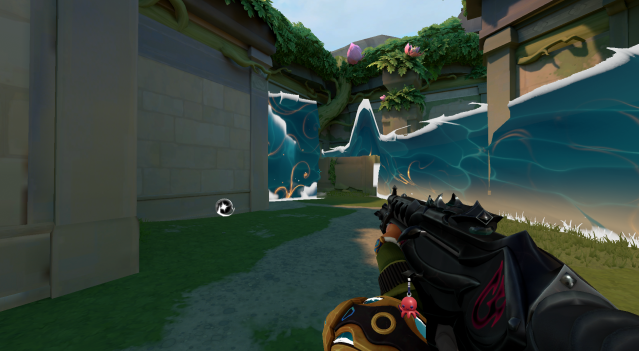
If you’re Sova, you’ve to use your Recon Dart and Owl Drone to initiate your duelist’s move. And lastly, if you’re a sentinel, care for the flank or help your team hold the space they took control of.
At the same time, you also need to know how to counter your enemies’ utility usage. Don’t challenge something you can’t take care of: either call for a rotation, unite for a retake, or plan a proper counter.
Ability combos and creating utility dumps are great ways to dumbfound your enemies, but you might need a duo to make it work.
Solo queueing isn’t exactly bad, but having a duo or even a trio can make VALORANT’s ranked a much easier and fun experience. No ranked player who has experienced the dark side of the ranked ladder will recommend solo queueing over duo or trio.
5) Communication is key
You can’t get out of VALORANT’s Elo hell if you aren’t a good communicator. Remember that it’s a team game. It’s hard to win games without crucial information. And it’s especially important if you don’t have an initiator on your team.
Don’t think of any call as “useless.” If you saw three players enter the site before you died, relegate that to your team. Someone might utilize that information to forge a play and win you the round. If you see an enemy’s position while spectating a mute teammate, announce it on the mic. Every little call helps.
Don’t demean your teammates or think of them as idiots. They might not be as good as you, but it always helps to guide them rather than stirring up their emotions. Communication is important, but how you communicate is even more crucial.
You can either cause conflict and lose the game anyway or bring your team together and build a chance of a comeback: what you want is up to you.
All these things separate low Elo VALORANT players from Diamond, Ascendant, and beyond, and if you can adopt them in your games, ranking up shouldn’t be a difficult experience.



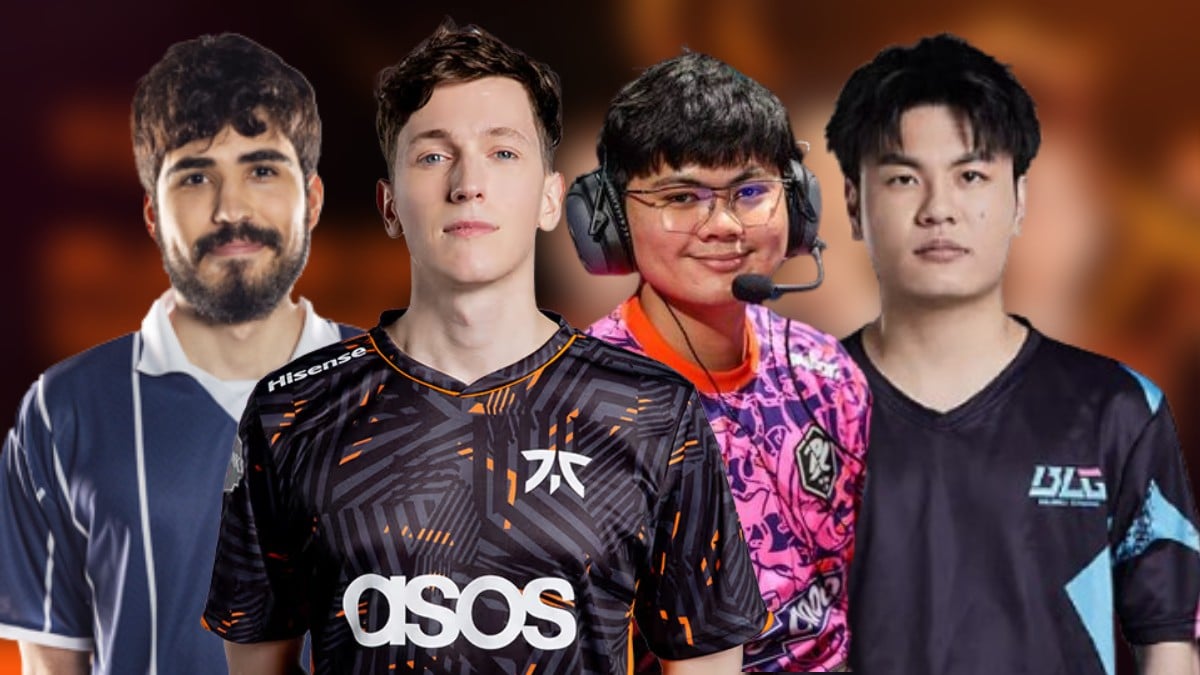
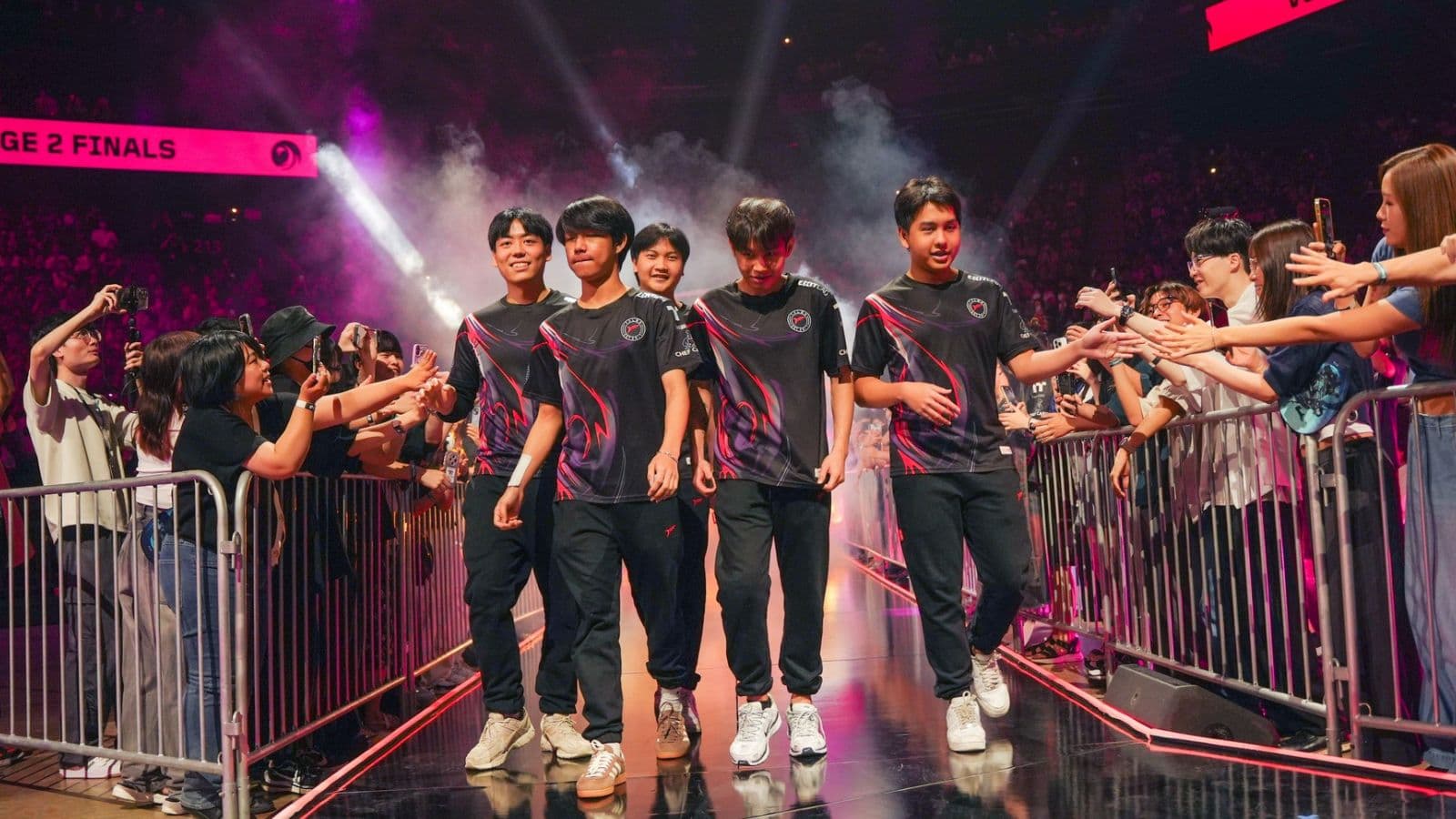


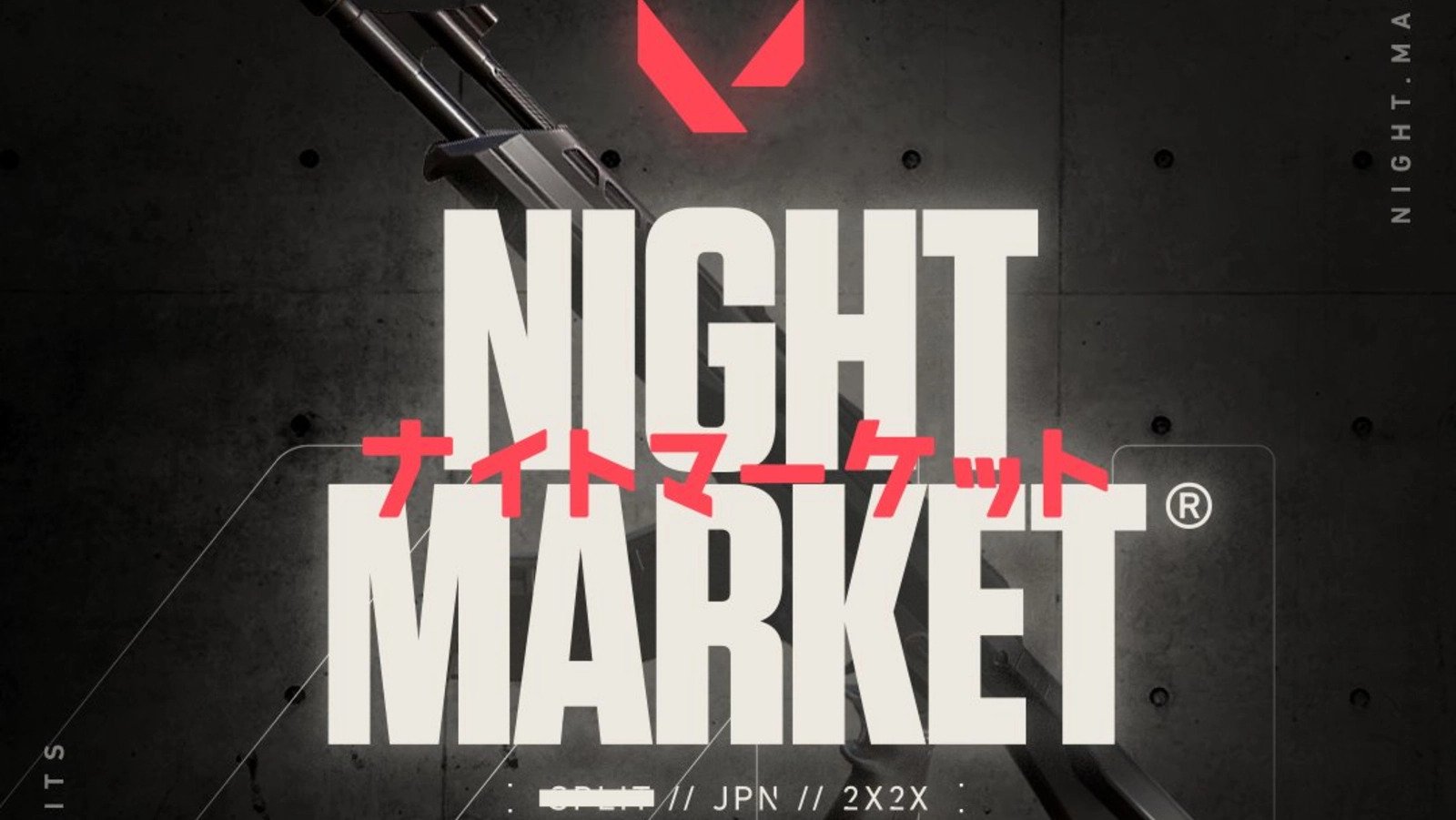

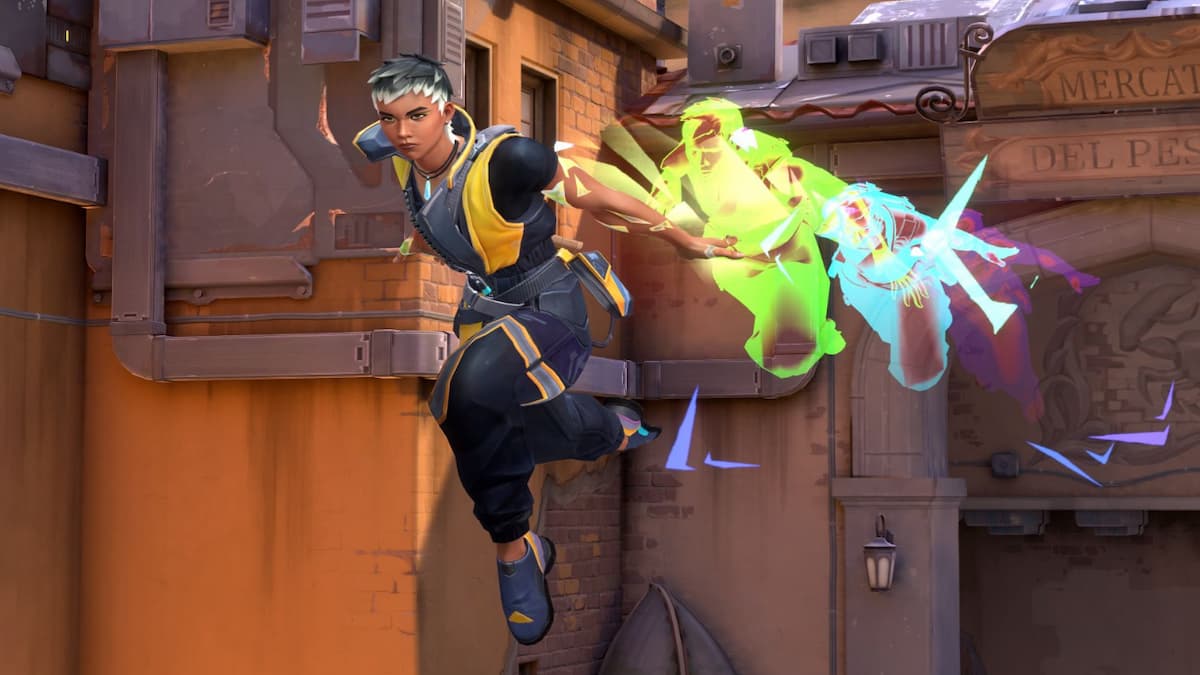


Published: Oct 5, 2023 07:21 am